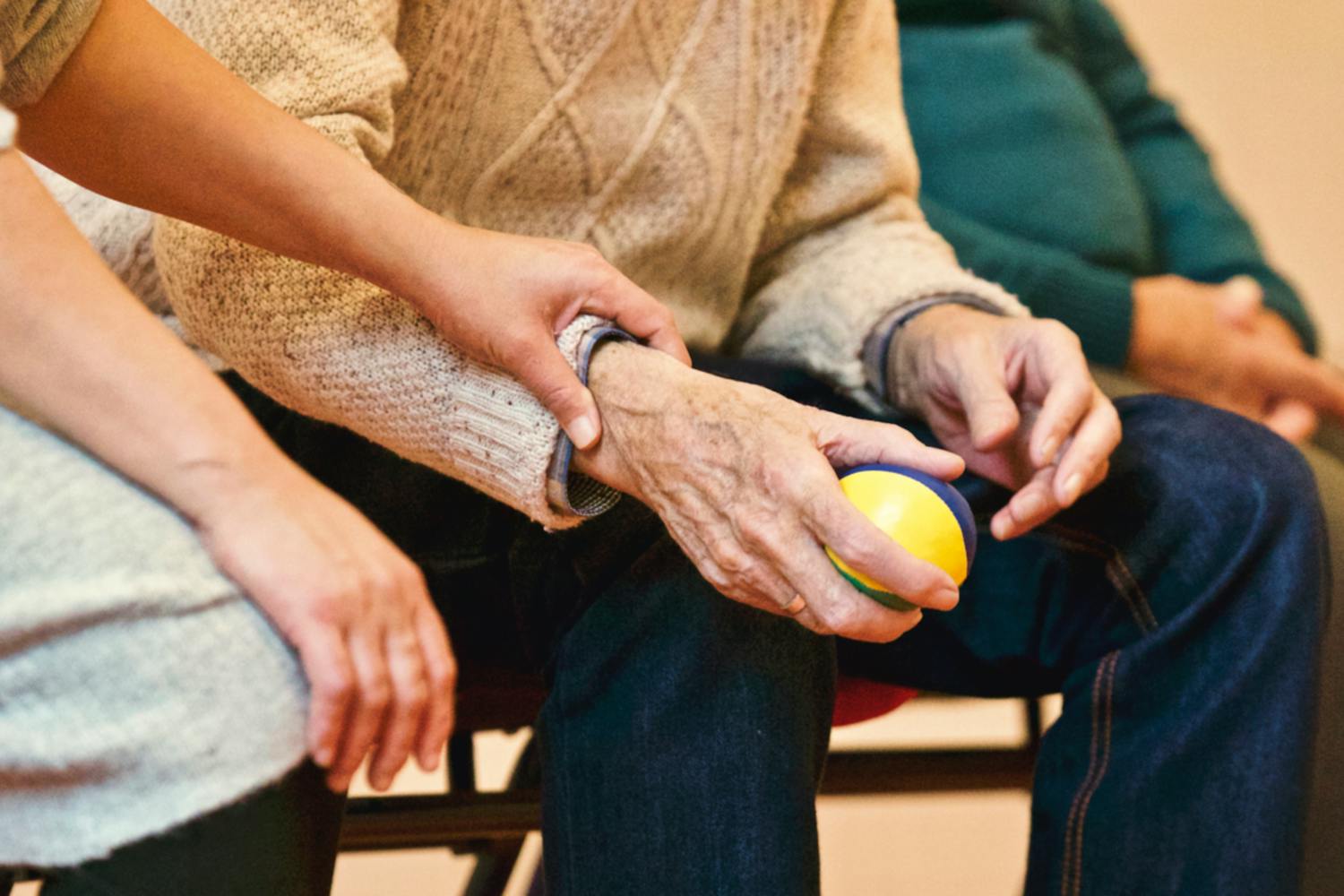In recent years, the UK care sector has increasingly relied on overseas workers to help meet staffing shortages. Care homes have turned to the Health and Care Worker visa route to fill vital roles – particularly for carers and senior carers. However, the Home Office has introduced stricter rules from 2025 that significantly change how care homes can recruit internationally. If you’re a care home provider considering sponsorship, it’s vital to understand these new requirements.
In this guide, we explain how care homes can sponsor skilled workers, the changes introduced by the Home Office in 2025 and what these updates mean for both employers and care workers.
What is the Health and Care Worker visa?
The Health and Care Worker visa is part of the Skilled Worker route and is designed specifically for qualified health and social care professionals who wish to work in the UK. It covers a wide range of eligible occupations, including nurses, care assistants and senior care workers – provided the role meets specific criteria.
To sponsor someone under this route, a care home must:
- Hold a valid sponsor licence issued by the Home Office.
- Be registered with the Care Quality Commission (CQC).
- Assign a Certificate of Sponsorship (CoS) for a qualifying job role.
- Meet the minimum salary and job requirement thresholds.
As of April 2025, the minimum annual salary for a care worker under this visa route has increased to £25,000 or £12.82 per hour. This threshold must be met for sponsorship to be valid.
What has changed in 2025?
Two major changes are affecting how care homes sponsor international workers:
1. Restriction on Overseas Recruitment:
From 22 July 2025, care homes in England will no longer be able to sponsor new overseas-based care workers under SOC codes 6135 and 6136. This means that recruitment must now focus on individuals who are already in the UK, such as those on student visas or with existing permission to work.
2. Mandatory Domestic Recruitment Steps:
As of 9 April 2025, care providers must show that they have actively tried to recruit domestically before offering sponsorship. This includes:
- Consulting with Regional Care Partnerships to identify displaced workers already in the UK.
- Keeping records of recruitment efforts and interviews.
- Demonstrating why suitable UK-based candidates were not available.
These rules aim to reduce reliance on overseas recruitment and promote long-term workforce stability within the UK.
Can care homes still sponsor skilled workers?
Yes – but only under specific conditions. While new overseas recruitment of care workers will end in England after 22 July 2025, care homes can still sponsor skilled workers in other qualifying roles (e.g. nurses, senior care staff) or individuals already residing in the UK.
It’s important to note that sponsoring a skilled worker comes with significant legal obligations. Care homes must:
- Ensure all job roles and salaries meet the visa criteria.
- Conduct right to work checks.
- Report changes in employment circumstances via the Sponsor Management System (SMS).
- Maintain clear and accurate records of employee details and recruitment processes.
Breaching any of these duties could result in penalties, a downgraded sponsor rating or the loss of the sponsor licence altogether.
Can care homes still renew existing visas?
Yes – care homes can continue to extend or renew sponsorship for care workers they already employ. If the employee is already on a valid Health and Care Worker visa, the care home can assign a new Certificate of Sponsorship to support an extension, as long as all other conditions are met.
Related: How Much Does a Certificate of Sponsorship Cost in the UK?
In addition, individuals already in the UK under different visa categories – such as students, dependants or asylum seekers with the right to work – may still be eligible for sponsorship, provided they meet the job and salary criteria.
How to prepare for the changes
Care homes looking to continue sponsorship under the new rules should:
- Audit their current workforce to understand how many sponsored workers they employ and when visas are due to expire.
- Update internal recruitment processes to demonstrate a clear effort to recruit within the UK first.
- Consult with a solicitor or immigration expert to stay compliant with evolving Home Office guidelines.
- Act early to assign Certificates of Sponsorship before the 22 July 2025 deadline if they still intend to hire workers from overseas.
It’s also advisable to communicate these changes clearly with staff and recruitment teams to avoid confusion and reduce the risk of non-compliance.
Legal advice for UK care homes
Navigating the sponsorship process as a care provider can be complex – especially with the recent legal changes and tightening of recruitment pathways. Seeking legal advice from a specialist immigration solicitor can ensure you remain compliant, meet your duties as a sponsor and avoid costly penalties.
At Osbourne Pinner Solicitors, we provide up-to-date legal guidance for care homes and health providers navigating the sponsorship process. Whether you need help applying for a sponsor licence, assigning a Certificate of Sponsorship or ensuring compliance with the 2025 updates, our UK immigration solicitors are here to support you every step of the way.
We offer a free 30-minute consultation to discuss your needs at our offices in Harrow, Canary Wharf, Piccadilly Circus and Manchester – or remotely if needed. Contact us today via the form below, call 0203 983 5080 or email [email protected] to speak with our immigration team.




